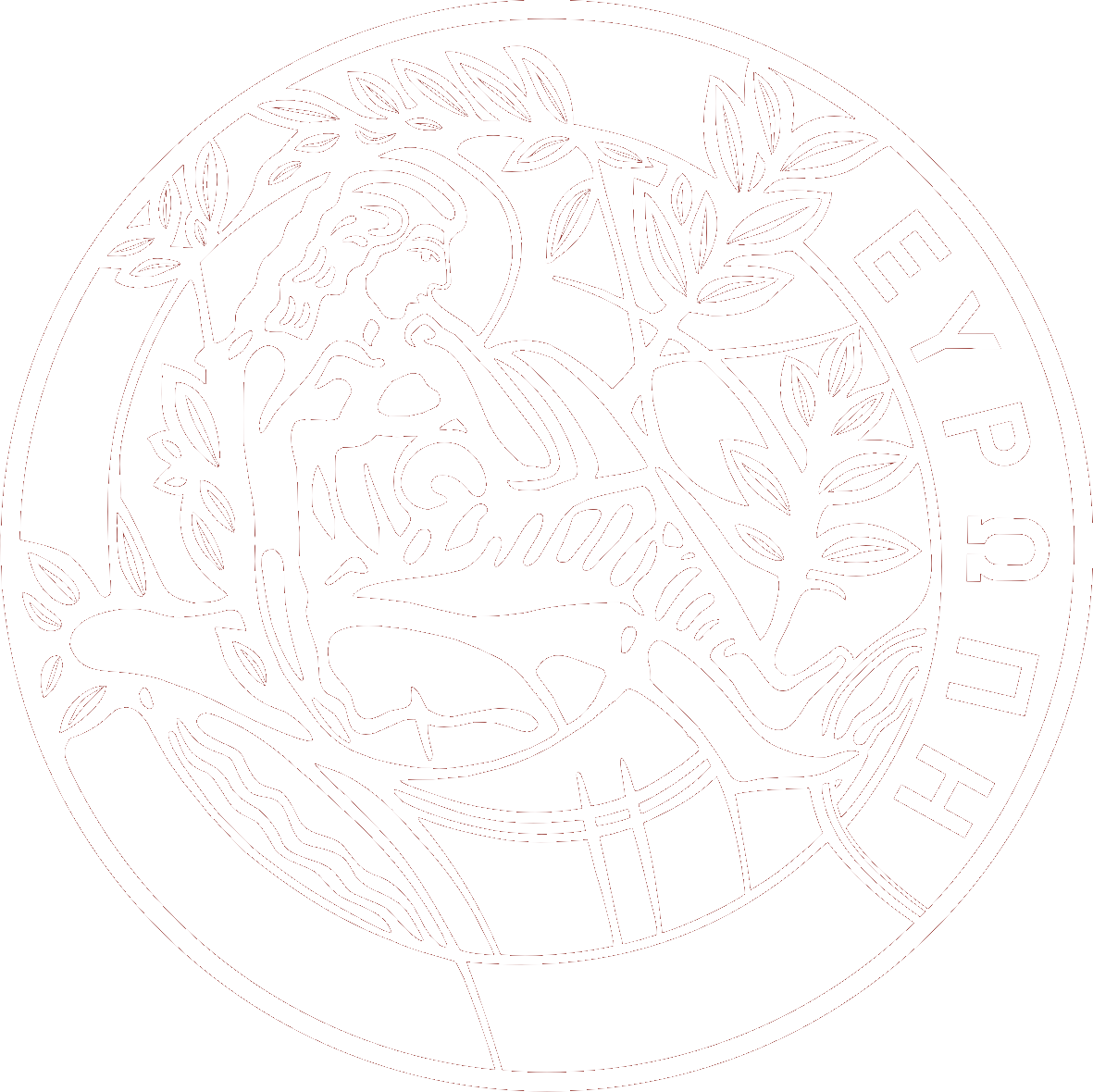The M.A. Programme in Ottoman History, that the Department of History and Archaeology of the University of Crete organises in collaboration with the Institute for Mediterranean Studies of the Foundation for Research and Technology-Hellas, invites you to the public lecture of Dr Ümit Fırat Açıkgöz, assistant professor at the American University of Beirut, entitled “Contested Heritages: Byzantine and Ottoman Monuments in Early Republican Istanbul (1923-1949)”. The lecture will take place on Tuesday 21 October 2025, at 8.30 p.m., at the lecture hall of the Institute for Mediterranean Studies/FORTH, 130 Nikiforou Foka Street, in the old town of Rethymno.
Abstract
Early republican Istanbul was a dilapidated city. A series of fires during the final years of the Ottoman Empire had decimated large urban swathes; myriad infrastructural challenges haunted the city’s residents; and, no longer the capital of a major polity for the first time since the fourth century, Istanbul’s urban economy was a shadow of its pre-WWI state. The sense of decline that permeated the city stood in stark contrast with its ubiquitous historical monuments, themselves in ruins or in dire need of restoration but still testified to Istanbul’s bygone ages of prosperity. Throughout the early republic, debates, negotiations, and controversies over the fate of Istanbul’s monuments were a staple of the local print media. Should Byzantine monuments be embraced as part of national heritage? Which monuments of the Ottoman Empire in terms of period, typology, and patron were to be preserved? Given that it was inevitable to demolish many monuments for the sake of enlarging public squares and opening boulevards, which monuments could be sacrificed and which ones could not? In an ethno-nationalist Turkish Republic, what was the relevance of Greek, Armenian, and Jewish memories that dotted hundreds of street names? In this lecture, I discuss the debates, negotiations, and practices sparked by all these questions in early republican Istanbul. I show that these debates embodied multiple and often conflicting imaginations of heritage, identity, and history, which casts doubt upon the present scholarship that tends to equate early republican Turkish history with the iron-fisted, top-down modernization of the Ankara-based techno-bureaucratic apparatus, which left no room for debate and negotiation.
